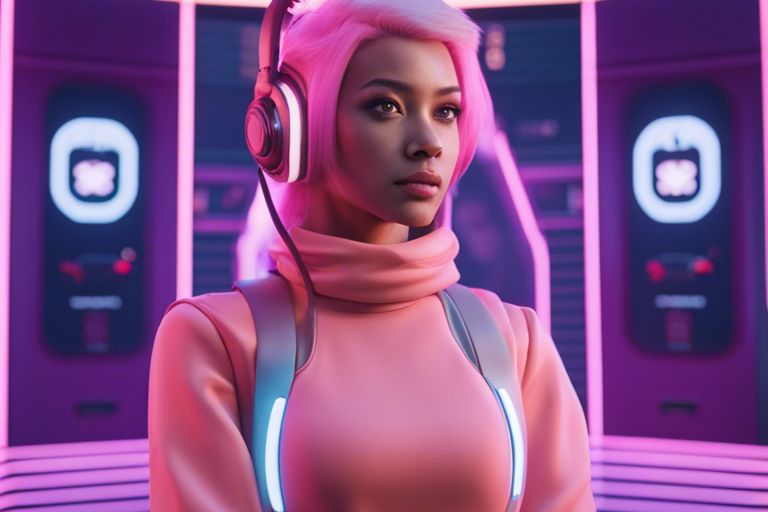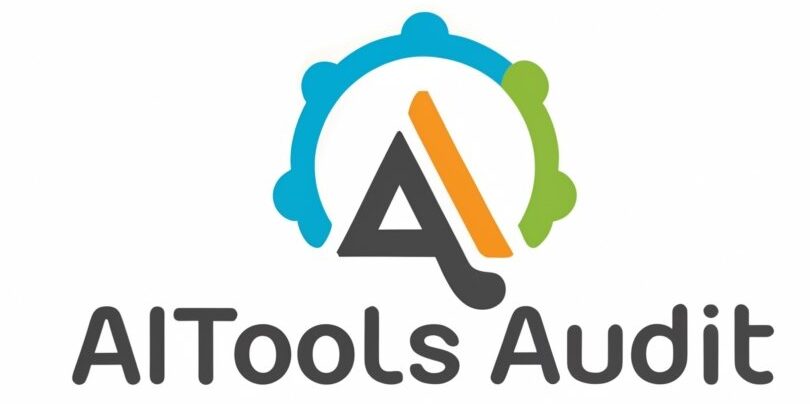Ubiquitous advancements in artificial intelligence have brought about significant changes in the way characters are portrayed in video games and movies. The integration of sophisticated character AI technology has not only revolutionized gameplay experiences but also has reshaped the way stories are told on the big screen. From lifelike personas to dynamic dialogue interactions, character AI has become a pivotal element in creating immersive and captivating narratives. In this blog post, we will explore the profound impact of character AI on storytelling in both video games and movies, and how this revolutionary technology has elevated the art of storytelling in these mediums.
Evolution of Character AI
As video games and movies have evolved, so has the role and impact of character AI. From simplistic behaviors to complex, lifelike personas, the evolution of character AI has significantly impacted storytelling in both mediums.
Historical Context
On the historical front, character AI in video games and movies initially consisted of rudimentary algorithms that allowed characters to move and interact with their environment in a basic manner. In video games, this often meant enemies following predetermined paths or movie characters having limited responses to stimuli. These early iterations of character AI laid the groundwork for the more sophisticated systems we see today.
Technological Advances
Advances in technology have played a pivotal role in the evolution of character AI. The development of more powerful processors and advanced programming languages has allowed for the creation of AI systems that can exhibit complex behaviors, emotions, and decision-making abilities. Plus, the integration of machine learning and neural networks has enabled character AI to adapt and learn from the player or viewer’s actions, providing a more dynamic and immersive experience.
Character AI in Video Games
If there’s one thing that has revolutionized the way video game storytelling is delivered, it’s the development of character AI. Gone are the days of static, one-dimensional NPCs. Now, with advanced character AI, games are able to offer a much more immersive and dynamic storytelling experience.
Enhancing Player Immersion
Video games have always been about escapism, and with the help of sophisticated character AI, players are now able to immerse themselves in virtual worlds like never before. Interactive and lifelike non-player characters (NPCs) can respond to the player’s actions, emotions, and decisions, making the game world feel more alive and responsive. This not only adds depth to the storytelling, but it also creates a more personal and engaging experience for the player.
Adaptive and Dynamic Narratives
On top of enhancing immersion, character AI also contributes to the creation of adaptive and dynamic narratives within video games. With the ability to learn from the player’s choices and adapt to their behavior, the story can dynamically evolve based on the player’s actions, resulting in a more personalized and non-linear storytelling experience. This not only adds replay value to the game, but also allows for a more tailored narrative that can cater to the preferences and play style of different players.
To further personalize the experience, character AI can also create unique story arcs and interactions based on the players’ relationships with different personas, offering a level of customization and unpredictability that was previously impossible to achieve in video game storytelling.
Character AI in Movies
Despite the advancements in character AI technology in video games, the impact of AI on storytelling in movies should not be overlooked. Character AI in movies has also undergone significant advancements, revolutionizing the way stories are told and characters are portrayed on screen.
From Special Effects to Autonomous Actors
Any movie buff can attest to the evolution of special effects in films. However, the integration of character AI has taken this to a whole new level. AI-driven characters are no longer just part of the scenery; they are autonomous actors, capable of interacting with other characters and responding to their environment in a way that blurs the line between scripted scenes and genuine human emotion.
The Blurring Line Between Reality and CGI
With the increasing sophistication of character AI, the line between reality and CGI has become increasingly blurred. AI-driven characters now possess the ability to emote and react in ways that were once reserved for human actors. It’s now possible to create virtual personas that are indistinguishable from their human counterparts, adding a level of realism and depth to storytelling that was previously unattainable.
It is evident that character AI in movies has transformed the way stories are told, blurring the line between reality and CGI and bringing a new level of depth and realism to the big screen. As AI continues to advance, the impact on storytelling in movies is sure to continue evolving, creating new possibilities for immersive and compelling narratives.
Ethical and Creative Considerations
To fully understand the impact of character AI on storytelling in video games and movies, it is essential to consider the ethical and creative implications of this technology. As AI continues to advance, it raises important questions about authorship and creativity, as well as the moral implications of creating AI characters.
Authorship and Creativity in the Age of AI
Ethical considerations surrounding the use of AI in storytelling extend to the question of authorship and creativity. As AI technology becomes more sophisticated, there is a growing concern about the potential for AI to replace human creativity in the creation of characters and narratives. This raises important questions about the role of the artist in the age of AI, and how to maintain the integrity of creative expression in a world where AI can generate content autonomously.
The Moral Implications of AI Characters
The development of AI characters in video games and movies brings to light a range of moral implications that need to be carefully considered. The use of AI to create characters raises questions about the responsibility of creators to ensure that AI characters are portrayed ethically and do not perpetuate harmful stereotypes or biases. It also brings to the forefront the potential impact of AI characters on the emotional and psychological well-being of audiences, and how creators can approach storytelling in a responsible and empathetic manner.
This subsection delves into the ethical considerations of creating AI characters, exploring the potential impact on audiences and the responsibility of creators to uphold ethical standards in storytelling. Keywords: AI, storytelling, ethical considerations, moral implications, responsibility, creators, characters.

The Impact of Character AI on Storytelling in Video Games and Movies
So, it is clear that the advancement of character AI technology has significantly influenced storytelling in both video games and movies. The ability of AI characters to adapt their behavior and response to player or viewer actions has enhanced immersion and engagement in the storytelling process. Furthermore, AI characters have provided new opportunities for dynamic and personalized narratives, allowing for more complex and compelling storytelling experiences. As AI technology continues to evolve, we can expect to see even more profound impacts on storytelling in the entertainment industry, as developers and filmmakers harness the full potential of character AI to create truly immersive and interactive narratives.
